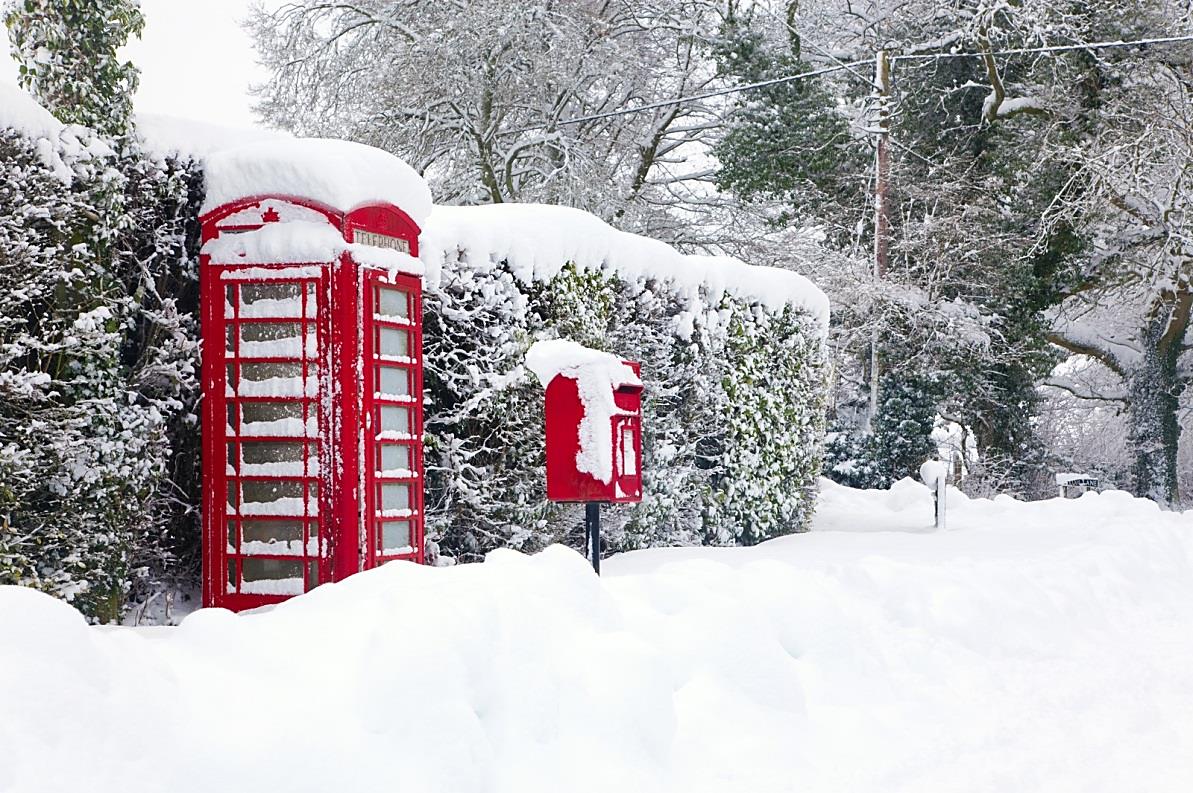
by Fern Shaw | Jan 23, 2017 | Water Boilers, water cooler
We Britons are big on weather – it’s the go to topic of discussion irrespective of whether we’re chatting with colleagues around the water cooler or family or friends, and it’s the safety topic when you’re chatting to strangers or people you’ve just met. Discussing...

by Fern Shaw | Jan 23, 2017 | water cooler, Water Coolers
We don’t believe so. There are a multitude of water cooler suppliers in the UK, but there is only one AquAid. What sets AquAid apart are the integral inclusions that we provide with each water cooler purchase. These aren’t add-ons – although we offer those too –...

by Fern Shaw | Jan 19, 2017 | water cooler, water dispenser
Whatever your preferred terminology, AquAid provide a wide range of water dispensers (or water cooler dispensers) to our customers. Installing a water dispenser makes good sense as they offer the user the best quality water at convenient temperatures. AquAid are one...
by Fern Shaw | Dec 5, 2016
Water at School Water at Schools Children are particularly susceptible to dehydration. Even in the absence of illness, children are more likely to become dehydrated, because their body surface area to body mass ratio is higher than it is in adults,...
by Fern Shaw | Dec 2, 2016
Water at Work Water at Work In a study published by the Royal College of Nursing, statistics show that employee absence due to illness costs UK employers on average £12b a year; with 168 million workings days lost. We know that good hydration contributes to...




